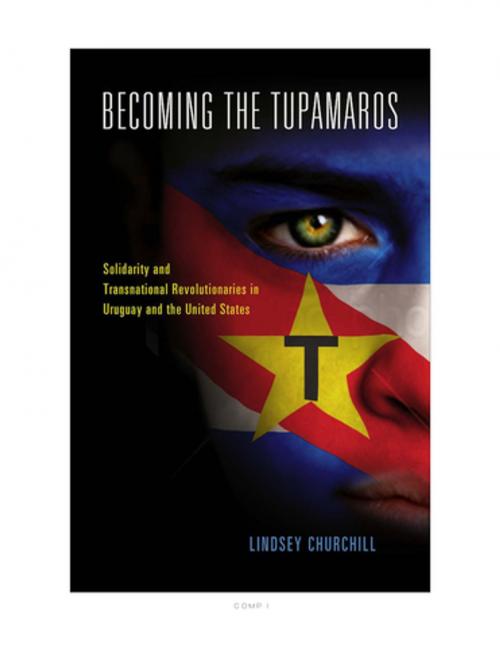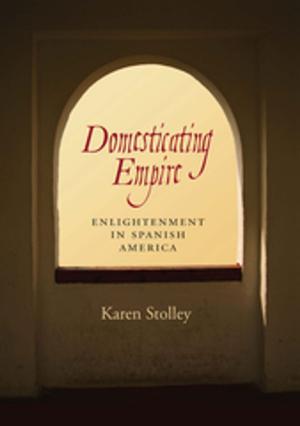Becoming the Tupamaros
Solidarity and Transnational Revolutionaries in Uruguay and the United States
Nonfiction, History, Americas, South America, Revolutionary, United States, 20th Century| Author: | ISBN: | 9780826519467 | |
| Publisher: | Vanderbilt University Press | Publication: | February 24, 2014 |
| Imprint: | Vanderbilt University Press | Language: | English |
| Author: | |
| ISBN: | 9780826519467 |
| Publisher: | Vanderbilt University Press |
| Publication: | February 24, 2014 |
| Imprint: | Vanderbilt University Press |
| Language: | English |
In Becoming the Tupamaros, Lindsey Churchill explores an alternative narrative of US-Latin American relations by challenging long-held assumptions about the nature of revolutionary movements like the Uruguayan Tupamaros group. A violent and innovative organization, the Tupamaros demonstrated that Latin American guerrilla groups during the Cold War did more than take sides in a battle of Soviet and US ideologies. Rather, they digested information and techniques without discrimination, creating a homegrown and unique form of revolution.
Churchill examines the relationship between state repression and revolutionary resistance, the transnational connections between the Uruguayan Tupamaro revolutionaries and leftist groups in the US, and issues of gender and sexuality within these movements. Angela Davis and Eldridge Cleaver, for example, became symbols of resistance in both the United States and Uruguay. and while much of the Uruguayan left and many other revolutionary groups in Latin America focused on motherhood as inspiring women's politics, the Tupamaros disdained traditional constructions of femininity for female combatants. Ultimately, Becoming the Tupamaros revises our understanding of what makes a Movement truly revolutionary.
In Becoming the Tupamaros, Lindsey Churchill explores an alternative narrative of US-Latin American relations by challenging long-held assumptions about the nature of revolutionary movements like the Uruguayan Tupamaros group. A violent and innovative organization, the Tupamaros demonstrated that Latin American guerrilla groups during the Cold War did more than take sides in a battle of Soviet and US ideologies. Rather, they digested information and techniques without discrimination, creating a homegrown and unique form of revolution.
Churchill examines the relationship between state repression and revolutionary resistance, the transnational connections between the Uruguayan Tupamaro revolutionaries and leftist groups in the US, and issues of gender and sexuality within these movements. Angela Davis and Eldridge Cleaver, for example, became symbols of resistance in both the United States and Uruguay. and while much of the Uruguayan left and many other revolutionary groups in Latin America focused on motherhood as inspiring women's politics, the Tupamaros disdained traditional constructions of femininity for female combatants. Ultimately, Becoming the Tupamaros revises our understanding of what makes a Movement truly revolutionary.















